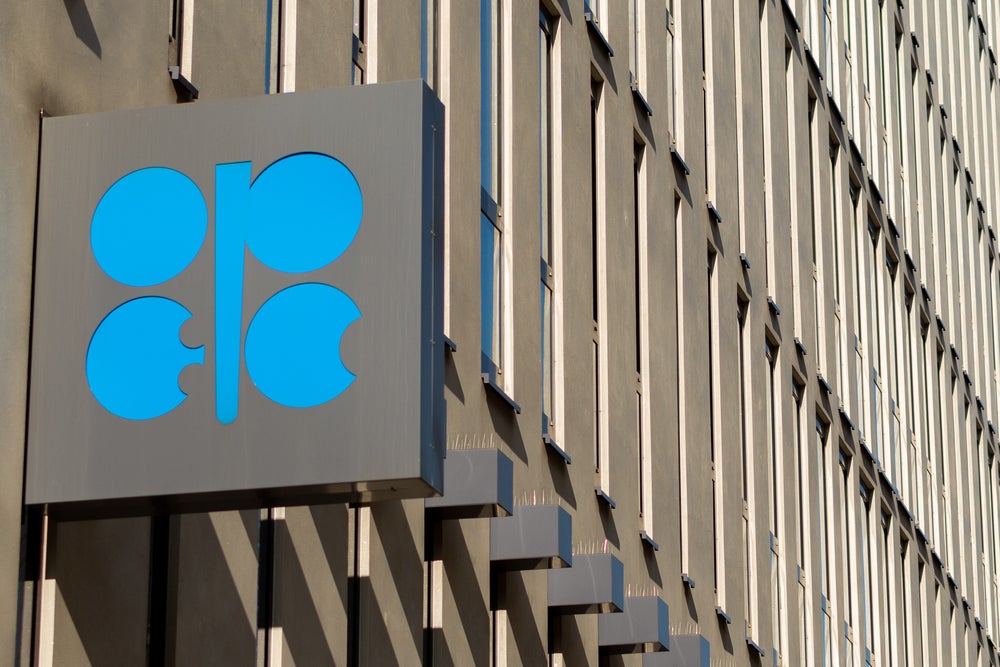
Today’s meeting between the Organisation of Petroleum Exporting Countries (OPEC) and its allies – the OPEC and non-OPEC Ministerial Meeting (ONOMM) – has concluded, with the group announcing that it will raise oil production output by around 432,000 barrels per day (bpd) in May.
The announcement comes as the group slashed data from the International Energy Agency (IEA) from its list of trusted sources, a move that has been seen as indicative of its cooling relations with Western nations.

Discover B2B Marketing That Performs
Combine business intelligence and editorial excellence to reach engaged professionals across 36 leading media platforms.
In a press release on the latest meeting, the group said that the “continuing oil market fundamentals and the consensus on the outlook pointed to a well-balanced market”, adding that the “current volatility is not caused by fundamentals, but by ongoing geopolitical developments”.
Tensions between OPEC and Western nations have been rising as the alliance has come under increasing pressure to boost oil output and help ease market pressure. The group has consistently resisted these calls however, and today’s meeting shows that its stance remains unchanged.
By contrast, the US and allied IEA states are considering further releases from emergency domestic reserves in a bid to bring prices down.
At an industry conference on Monday, UAE Minister of Energy Suhail al-Mazrouei said that there is no substitute for Russian oil and that it is essential to the global energy markets, adding that OPEC+ (the expanded version of the core organisation) should not be distracted by politics.

US Tariffs are shifting - will you react or anticipate?
Don’t let policy changes catch you off guard. Stay proactive with real-time data and expert analysis.
By GlobalDataMazrouei told S&P Global Commodity Insights: “I don’t care what the IEA or others say. We are part of an organisation, an alliance called OPEC+…We have to do things as required by supply and demand. So I would say we are going to do whatever we can as a group, not as individual countries.”
Indeed, the IEA has attracted criticism from OPEC nations in recent months, with accusations of it being misleading and unrealistic.
The agency’s reports, which the OPEC+ typically uses to assess crude oil production, are expected to be replaced by those of consultancy groups Wood Mackenzie and Rystad Energy. Notably, while the IEA has categorically said that there can be no future oil and gas developments, the latter group has put oil expansion at the heart of the energy industry’s future.
The next ONOMM is expected to be held on 5 May this year.





